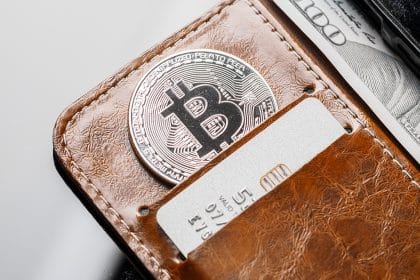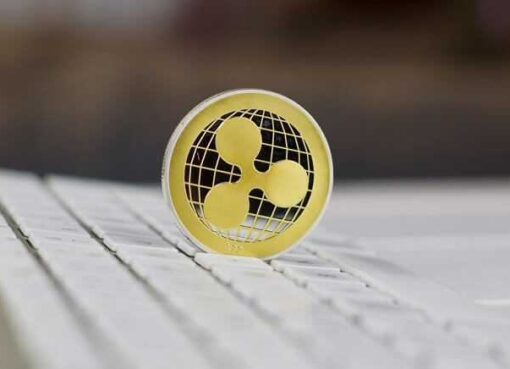If you want to start buying, mining, or selling Bitcoin, the first thing you need is a Bitcoin wallet. Even if you’re not involved in the world of cryptocurrency trade, you might have already heard of the term and have a vague understanding of how it works. However, you might not know about all the Bitcoin wallet options and how they differ from one another.
Let’s take a deeper look into Bitcoin wallets and find out which one would work best for you.
The Basics: What Does a Bitcoin Wallet Do?
A Bitcoin wallet is your means of identification and transaction security. Each wallet will have a unique private key when you first open the account associated with the wallet. Usually called a seed, the wallet will use the private key for Bitcoin exchanges, and only you will have access to it. Additionally, the wallet generates a public key, also known as an address, allowing it to send and receive Bitcoin to other wallets.
When you want to send Bitcoin to another user, for example, the wallet will combine your private key with the recipient’s public key. This allows the blockchain structure behind Bitcoin operation to have authentication and confirmation of the transaction, as all cryptocurrency connects to their respective public keys.
Since your Bitcoin wallet stores your private and public keys, it also holds your Bitcoin, much like a regular wallet does with currency.
Types of Bitcoin Wallets
Considering a Bitcoin wallet is used to store one of the most valuable cryptocurrencies globally, there have been many developments and ways to increase both security and accessibility to wallets depending on how users want to use Bitcoin.
Desktop Wallets
Some of the most common and secure wallets that allow regular Bitcoin transactions are desktop wallets. These are installed on your PC and store all the necessary information inside your hard drive. They don’t rely on third-party data and use better encryption methods to save the files securely on the PC. The main benefit of desktop wallets is that they’re still connected to the internet (depending, of course, on your PC’s connection), and you can conduct Bitcoin transactions, making them perfect for users that trade small amounts of Bitcoin regularly.
Web Wallets
Web-based wallets, as their name suggests, store all your data and keys on a third-party (usually the operator’s) server. The main benefit of web wallets is increased accessibility, as they can be connected to either a PC or a mobile device to conduct Bitcoin transactions. However, you’re storing all your information, and Bitcoin, on someone else’s computer, so there is noticeable downshift in security compared to mobile and PC wallets. If you plan on using web wallets, do your research thoroughly to ensure that the company can be trusted with your data (and money).



